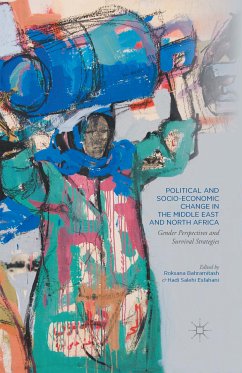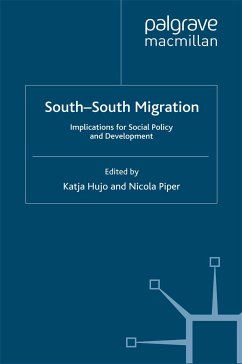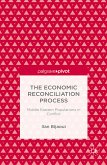Dieser Download kann aus rechtlichen Gründen nur mit Rechnungsadresse in A, B, BG, CY, CZ, D, DK, EW, E, FIN, F, GR, HR, H, IRL, I, LT, L, LR, M, NL, PL, P, R, S, SLO, SK ausgeliefert werden.
"For this volume on the causes of the recent Middle East uprisings, Bahramitash and Esfahani have selected studies that show how a quest for social and economic justice helped launch the Arab Spring. What transforms the work from useful to invaluable is the decision to highlight women's role and status in MENA economies - a gendered perspective that yields some wise policy prescriptions for including the region's women and youth, and reducing inequality and poverty." - Diana Strassmann, Carolyn and Fred McManis Distinguished Professor in the Practice, Rice University, USA
"Bahramitash and Esfahani's work consistently opens up questions of political economy within Middle Eastern societies to research-based, gender-focused analyses. This volume provides unique insight into the underlying conditions of both the unexpected Arab Springand the grimly ensuing Arab Winter, with a sensitive awareness of the tensions between claims for economic rights and social justice vs. liberal rights and juridical process. A timely and important book." - Norma Claire Moruzzi, Associate Professor of Political Science and Gender & Women's Studies, University of Illinois at Chicago, USA









